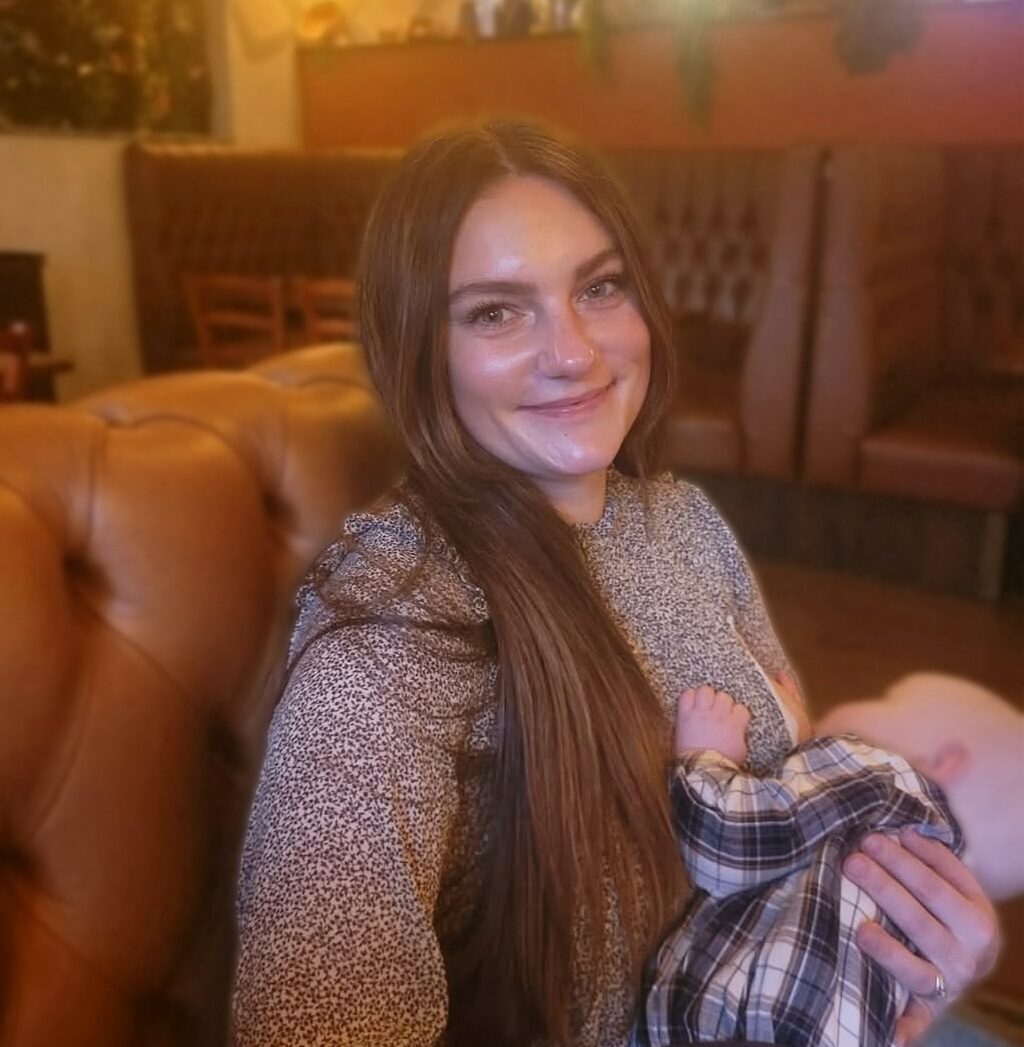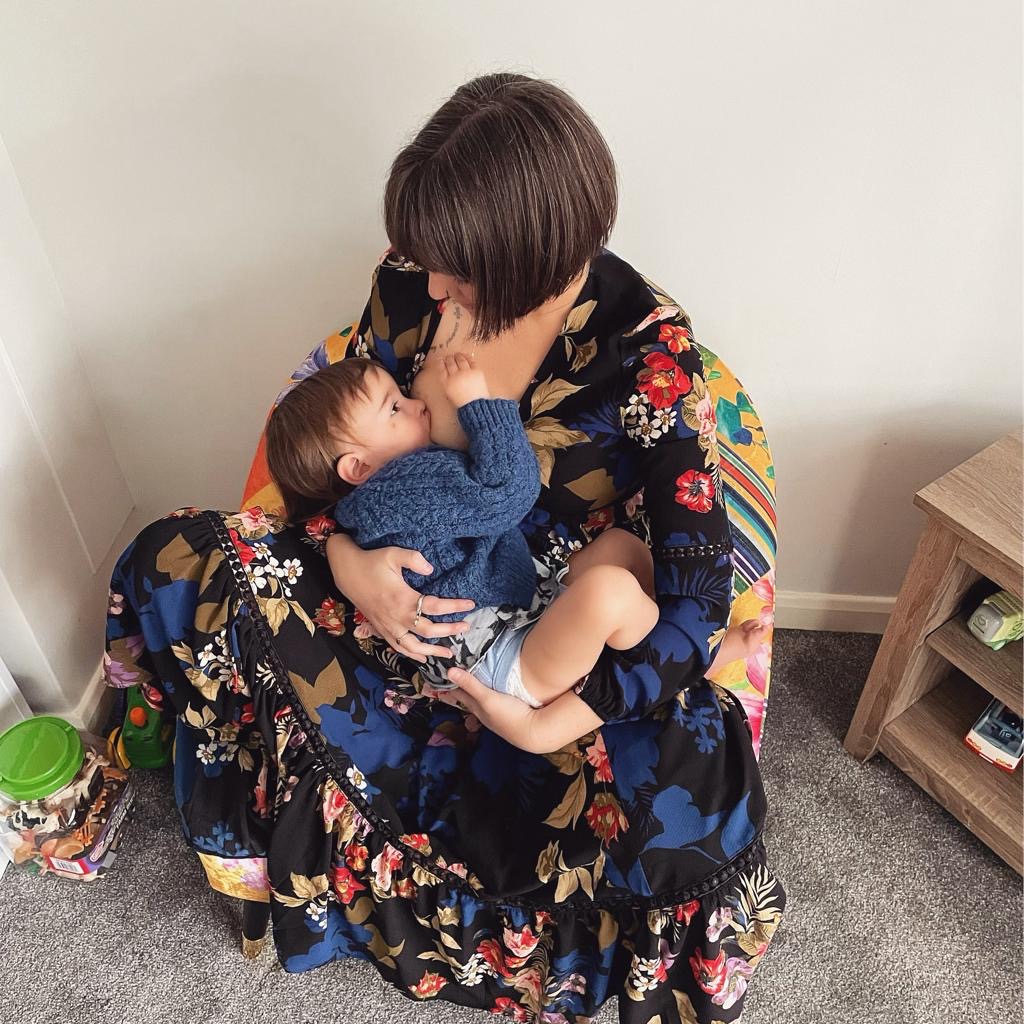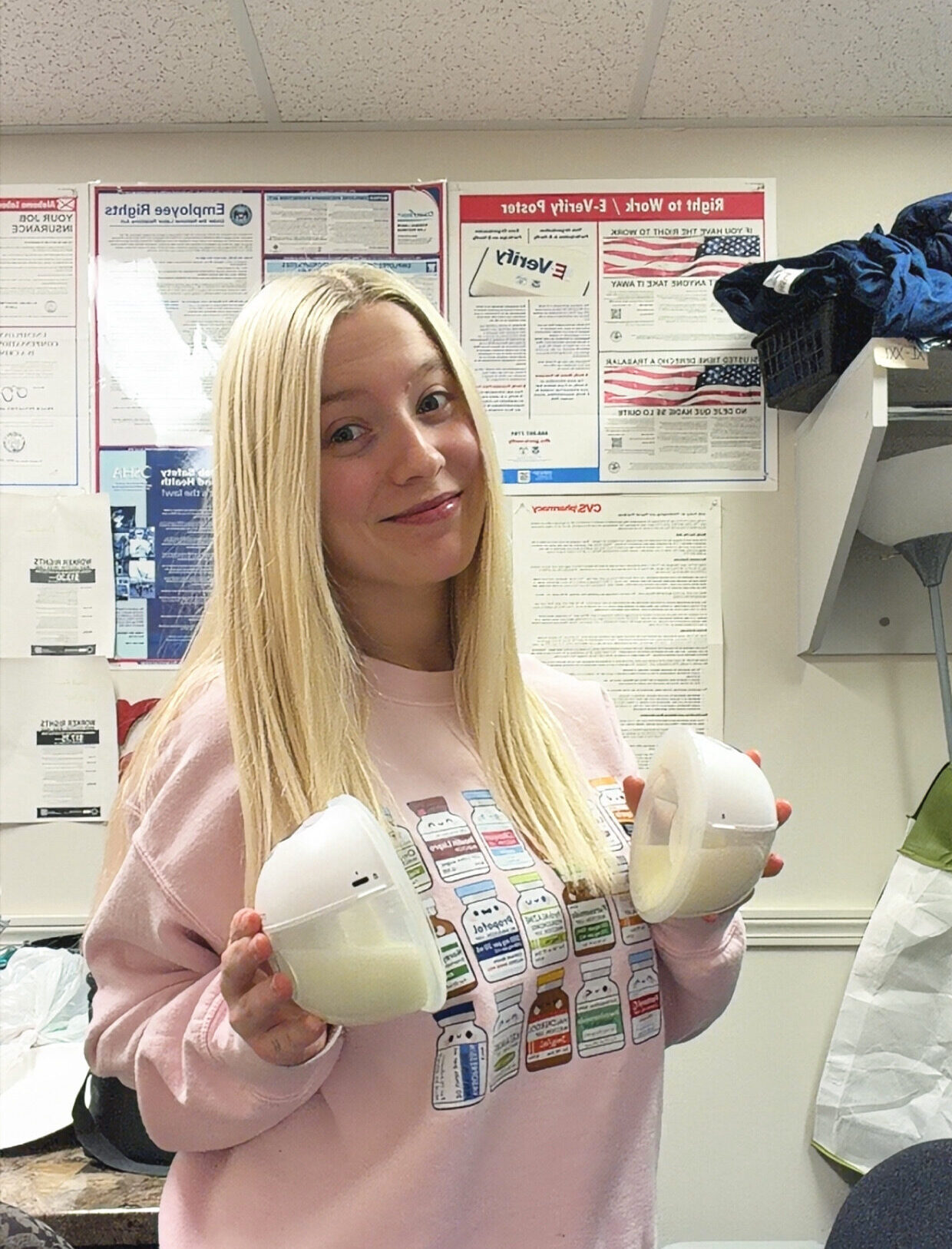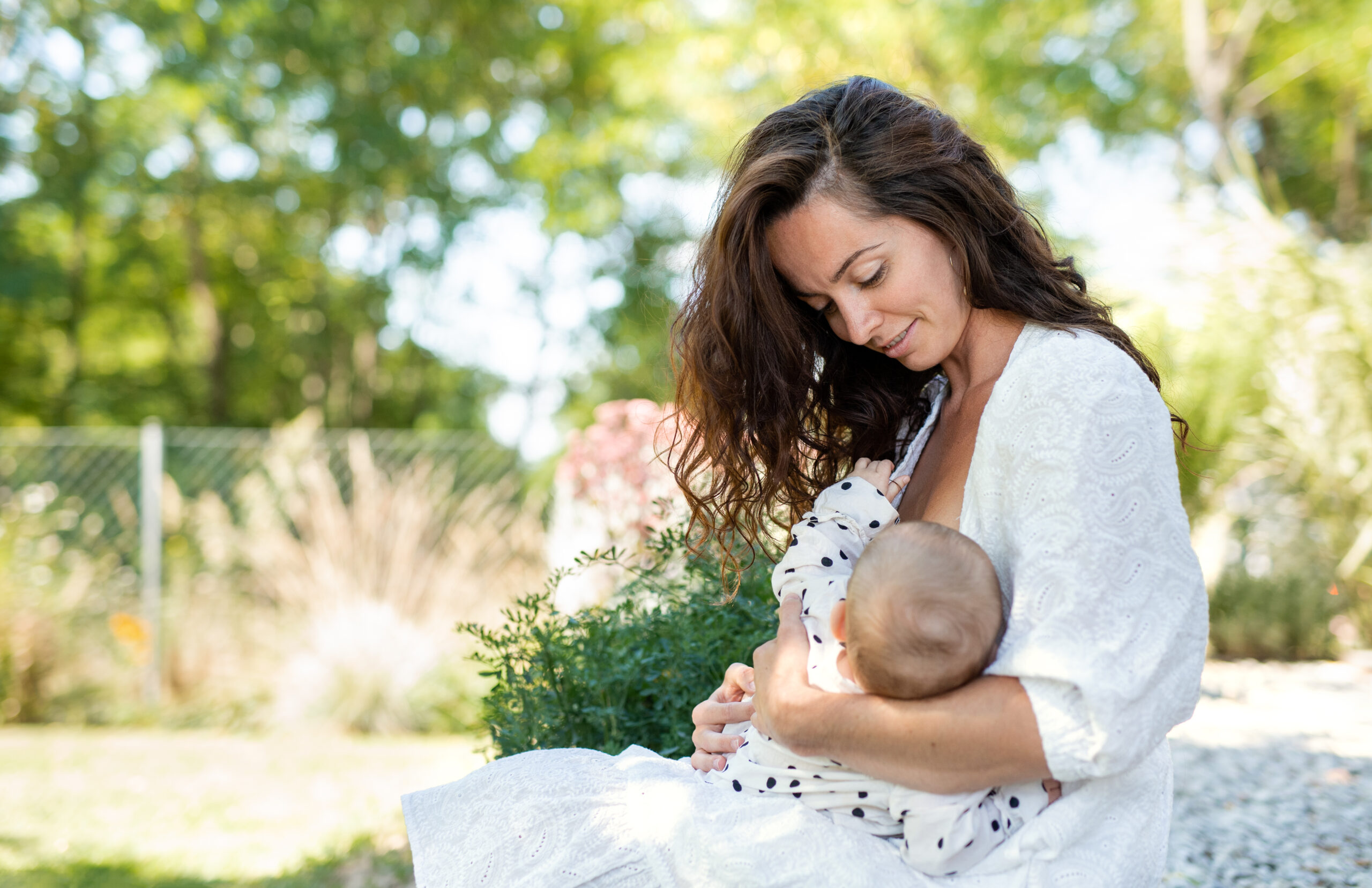The duration of breastfeeding is shorter than average among mothers with a fear of childbirth – regardless of the mode of delivery, a new study from Finland shows.
According to the researchers, the fear of childbirth can also be an indication of a greater need for breastfeeding support. Using data from the Kuopio Birth Cohort study, KuBiCo, the study examined factors related to childbirth that may affect the success and duration of breastfeeding in the child’s first year of life.
The researchers analysed data collected in 2013–2020, which included 2,521 women who had given birth in Kuopio University Hospital. During pregnancy, expectant mothers filled out various questionnaires, and they also responded to a questionnaire about the duration of breastfeeding at the time when their child was one year old.
In Finland, breastfeeding is recommended for at least six months, including 4–6 months of exclusive breastfeeding. 98% of mothers participating in the study initiated breastfeeding during the first neonatal week, and three out of four mothers continued to breastfeed their child for at least six months. Mothers who had a vaginal delivery without any complications most frequently met the breastfeeding recommendation.
Fear of childbirth may affect the duration of breastfeeding regardless of the mode of delivery
A key finding of the study was the observed association between the fear of childbirth and the duration of breastfeeding.
“In mothers who feared childbirth, the duration of breastfeeding, either exclusively with their own milk or with formula, was three times more likely to be shorter than recommended,” says Maija Vasanen, Lic.Med., the first author of the study.
“In mothers who feared childbirth, the duration of breastfeeding, either exclusively with their own milk or with formula, was three times more likely to be shorter than recommended.”
Maija Vasanen, Lic.Med., the first author of the study
This is the first time researchers observed an association between the fear of childbirth and the success of breastfeeding. The fear of childbirth had a significant association with the duration of breastfeeding independent of whether the mode of delivery was a spontaneous vaginal delivery, an elective or a non-elective caesarean surgery, or a vacuum-assisted vaginal delivery.
The researchers also found that twin pregnancy, maternal overweight and obesity, high blood pressure, and smoking were associated with a shorter duration of breastfeeding. Of mothers with twins, 40% breastfed their children for at least six months. Other factors associated with a shorter duration of breastfeeding were young maternal age, first-time childbirth, single parenthood, and lower level of education.
Increasing number of mothers are breastfeeding for more than six months
According to the researchers, the study also found a delightfully positive trend in the duration of breastfeeding. The proportion of mothers breastfeeding for more than six months increased from around 71% to 85% between 2013 and 2020. At the same time, the proportion of those breastfeeding for a shorter duration decreased from 27% to 15%.
“The longer duration of breastfeeding may be explained by increased awareness of the benefits of breastfeeding, and it is also an indication of successful breastfeeding guidance and support. Breastfeeding can be promoted by providing targeted support to mothers with known risk factors, such as a fear of childbirth, twin pregnancy or smoking. Going forward, breastfeeding guidance given by health care professionals should also target mothers with a fear of childbirth, as well as other groups that may struggle with the initiation of breastfeeding,” says Professor Leea Keski-Nisula, the lead author of the study.
Going forward, breastfeeding guidance given by health care professionals should also target mothers with a fear of childbirth, as well as other groups that may struggle with the initiation of breastfeeding.”
Professor Leea Keski-Nisula, the lead author of the study
The Kuopio Birth Cohort study, KuBiCo, is a joint research project by Kuopio University Hospital, the University of Eastern Finland and the Finnish Institute for Health and Welfare.
For further information, please contact:
Professor, Chief Physician Leea Keski-Nisula, University of Eastern Finland, Clinical Medicine/Obstetrics and Gynaecology, North Savo Wellbeing Services County, https://uefconnect.uef.fi/en/person/leea.keski-nisula /
Maija Vasanen, Lic.Med., University of Eastern Finland, Clinical Medicine/Obstetrics and Gynaecology, North Savo Wellbeing Services County, maija.vasanen@gmail.com
Research article:
Maija Vasanen, Anni Kukkonen, Katri Backman, Sari Hantunen, Leea Keski-Nisula. Fear of Childbirth Impairs Breastfeeding Success Independent of Mode of Birth. Breastfeeding Medicine 2024, published online 2.10.2024. https://doi.org/10.1089/bfm.2024.0024


















